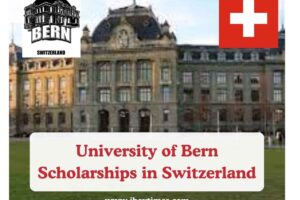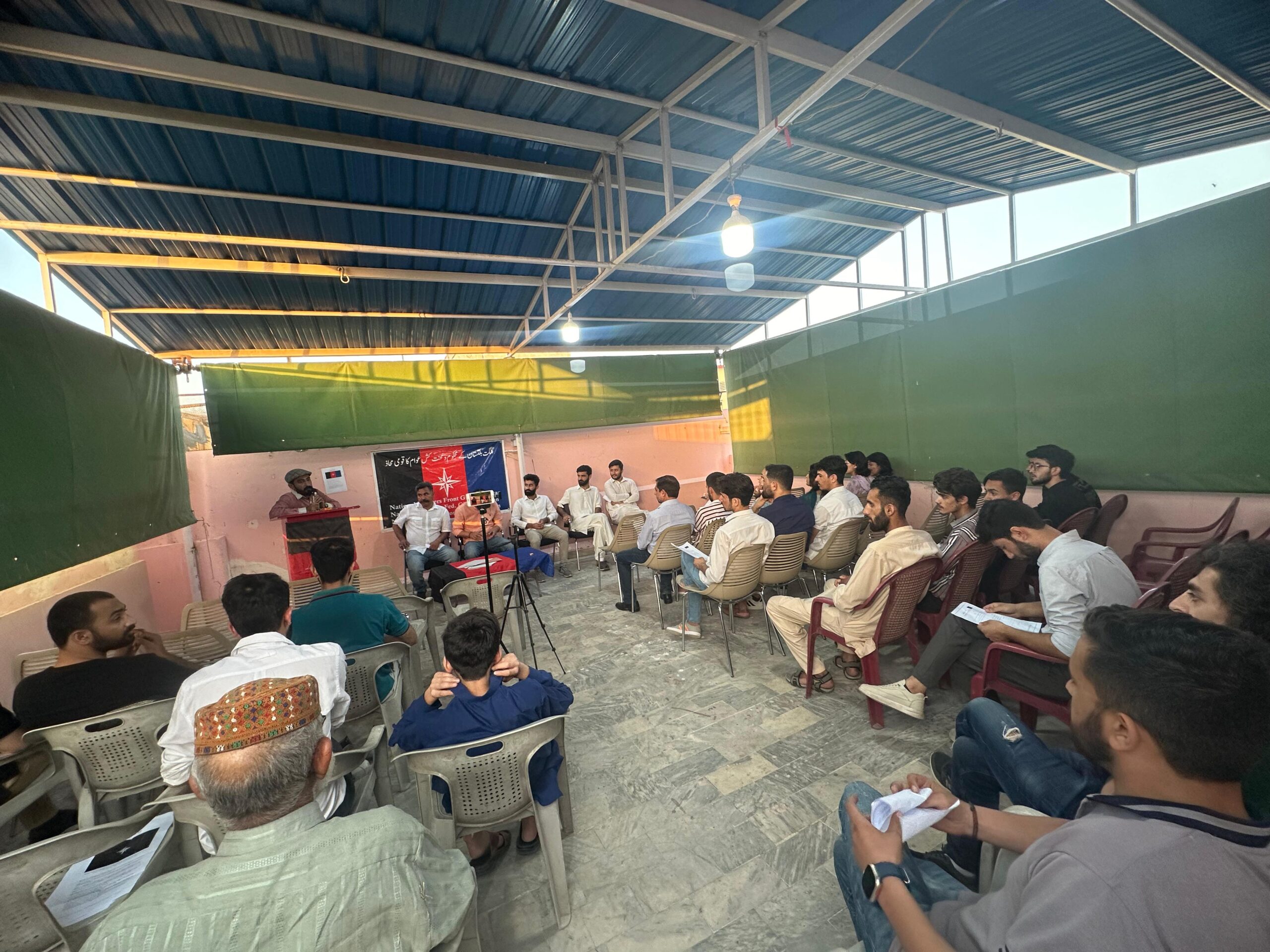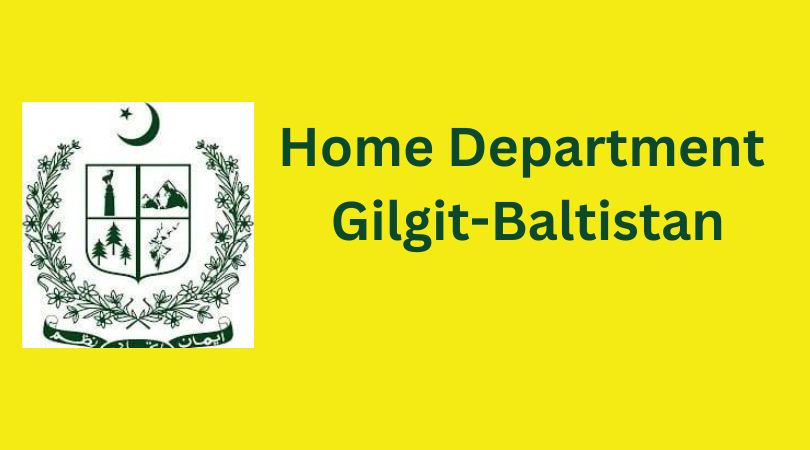Following worksheets of Pakistan Studies developed with a view to helping students practice and self-assess their learning about the population of Pakistan. You can share your work with us via email. We will keep your responses private and share our feedback on your email address.
Task-1
Match the main terms related to the human population with their definitions on the right columns given below.
| 1 | Census | A | The study of statistics related to births, deaths, migration, income, languages, and other characteristics of the human population illustrates the changing structure of human populations over a period of time. |
| 2 | Population growth | B | The change in the size of the population of a particular place over time |
| 3 | Migration | c | The procedure of systematically acquiring and recording information about the members of a given population |
| 4 | Demography | D | The movement of people from one place to another place usually, with the intention of settling permanently at a new geographic location. |
Task-2
Find out the rate of natural increase of population by using data about death/birth rates in each given surveyed period. The first one has been done for you.
Surveyed Period |
Crude Birth Rate per 1000 |
Crude Death Rate per 1000 |
Rate of natural increase |
|
1984-1998 |
42.7
|
10.9 | 31.8 |
|
1989-1994 |
39.5
|
10.1 | |
|
1996 |
35.5
|
8.7 | |
|
1998 (census) |
32.7
|
9.1 | |
|
2004 |
28.0
|
8.10 | |
|
2009` |
25
|
7.7 |
Task- 3
Mention at least FOUR PUSH and PULL factors related to the types of migration given in the table below.
Type of migration |
Push factors |
Pull Factors |
Rural-Urban Migration(Movement of people from villages to cities) |
||
Seasonal MigrationTranshumance is practiced in the highland climatic zone in Pakistan in which flocks are moved up to the cooler highland in summer and returned to the plain areas in the cold winter. |
||
Emigration and immigrationIn the process of migration, the arrival of people in any area is called immigration whereas leaving off the area by the people is called emigration. |
Task-4
Interpret the data represented in the Demographic Transition Model of Pakistan. Click on the given link tee Demographic Transition Model of Pakistan:
Stage |
Impact on birth/death rates |
The natural increase in population |
Reasons |
| 1: (1905 – 1935) | Birth rates:
|
||
| Death rates
|
|||
| 2: (1936 – 1970) | Birth rates:
|
||
| Death rates
|
|||
| 3: (1971- 2005) | Birth rates:
|
||
| Death rates
|
|||
| 4: (2006 – 2040) | Birth rates:
|
||
| Death rates
|
Task-4
Following is a list of different reasons responsible for the population growth of Pakistan.
1.Religious beliefs 2. Strong desire for male child 3. Inconsistency in population welfare projects 4. Illiteracy 5. Early marriages 6. Large families an income advantage.
- Classify the given list into political, economic, and social reasons in the given table.
- Justify each reason.
|
Social reasons |
1.Religious beliefs
|
Justification: Muslims have a strong belief that Almighty Allah has taken the responsibility of “Rizq” to everyone, therefore, why have few children? Family Planning and similar Programs face strong opposition on a religious basis. |
| 2. | ||
| 3. | ||
| Economic reasons | ||
| Political reasons |
Task-5
- State at least three effects of population growth on education, health, and nutrition levels of the people of Pakistan;
- Provide at least one reason to justify your statement.
| Impact on education |
|
Explanation:
|
| 2. Illiteracy
|
|
|
| 3. Lack of educational infrastructure |
|
|
| Impact on health |
|
|
| 2. Low life expectancy |
|
|
| 3. Lack of health care facilities |
|
|
| Impact on nutrition levels |
|
|











